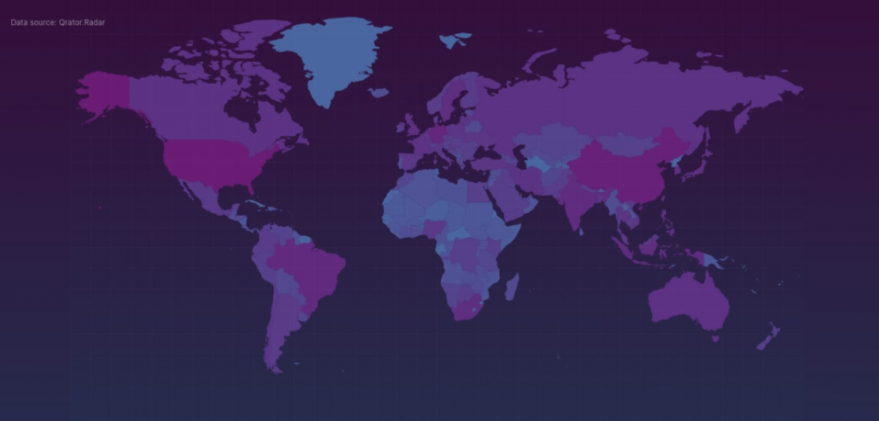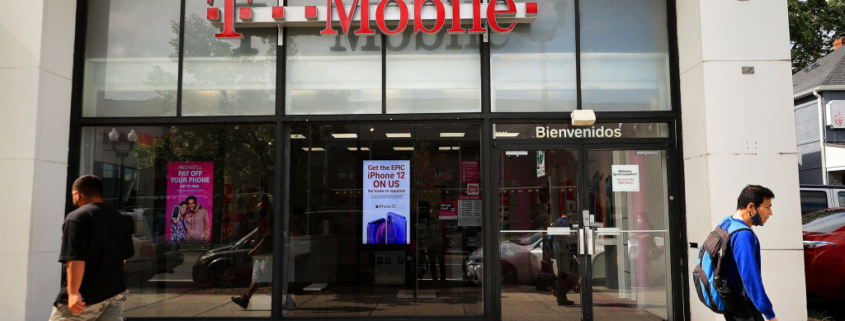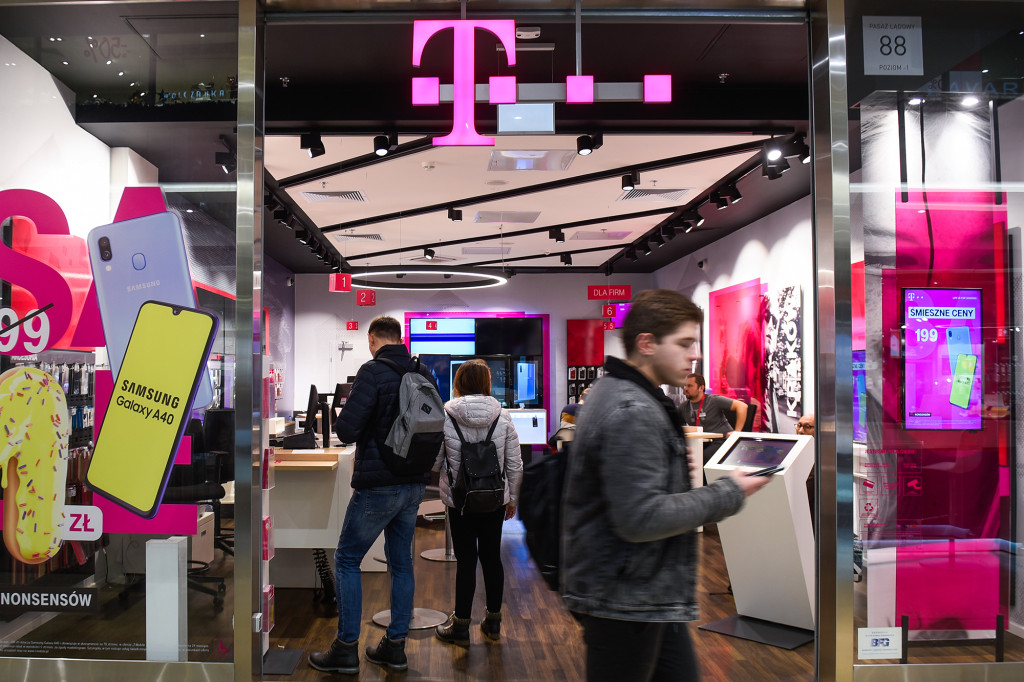KrebsOnSecurity Hit By Huge New IoT Botnet “Meris” – Krebs on Security
On Thursday evening, KrebsOnSecurity was the subject of a rather massive (and mercifully brief) distributed denial-of-service (DDoS) attack. The assault came from “Meris,” the same new botnet behind record-shattering attacks against Russian search giant Yandex this week and internet infrastructure firm Cloudflare earlier this summer.

Cloudflare recently wrote about its attack, which clocked in at 17.2 million bogus requests-per-second. To put that in perspective, Cloudflare serves over 25 million HTTP requests per second on average.
In its Aug. 19 writeup, Cloudflare neglected to assign a name to the botnet behind the attack. But on Thursday DDoS protection firm Qrator Labs identified the culprit — “Meris” — a new monster that first emerged at the end of June 2021.
Qrator says Meris has launched even bigger attacks since: A titanic and ongoing DDoS that hit Russian Internet search giant Yandex last week is estimated to have been launched by roughly 250,000 malware-infected devices globally, sending 21.8 million bogus requests-per-second.
While last night’s Meris attack on this site was far smaller than the recent Cloudflare DDoS, it was far larger than the Mirai DDoS attack in 2016 that held KrebsOnSecurity offline for nearly four days. The traffic deluge from Thursday’s attack on this site was was more than four times what Mirai threw at this site five years ago. This latest attack involved more than two million requests-per-second. By comparison, the 2016 Mirai DDoS generated approximately 450,000 requests-per-second.
According to Qrator, which is working with Yandex on combating the attack, Meris appears to be made up of Internet routers produced by MikroTik. Qrator says the United States is home to the most number of MikroTik routers that are potentially vulnerable to compromise by Meris — with more than 42 percent of the world’s MikroTik systems connected to the Internet (followed by China — 18.9 percent– and a long tail of one- and two-percent countries).

The darker areas indicate larger concentrations of potentially vulnerable MikroTik routers. Qrator says there are about 328,000 MikroTik devices currently responding to requests from…





 Global Computer Security for Consumer Market 2020 by Company, Type and Application, Forecast to 2025 qualitatively & quantitatively analyzes the market with a description of market sizing and growth. The report offers complete data to help businesses develop their business and plan their way towards growth. The report provides figures including the latest trends and developments in the global Computer Security for Consumer market industry and important facts. The report entails a comprehensive database on market estimation based on historical data analysis. It throws light on different factors and trends affecting the development chart of the global market.
Global Computer Security for Consumer Market 2020 by Company, Type and Application, Forecast to 2025 qualitatively & quantitatively analyzes the market with a description of market sizing and growth. The report offers complete data to help businesses develop their business and plan their way towards growth. The report provides figures including the latest trends and developments in the global Computer Security for Consumer market industry and important facts. The report entails a comprehensive database on market estimation based on historical data analysis. It throws light on different factors and trends affecting the development chart of the global market.